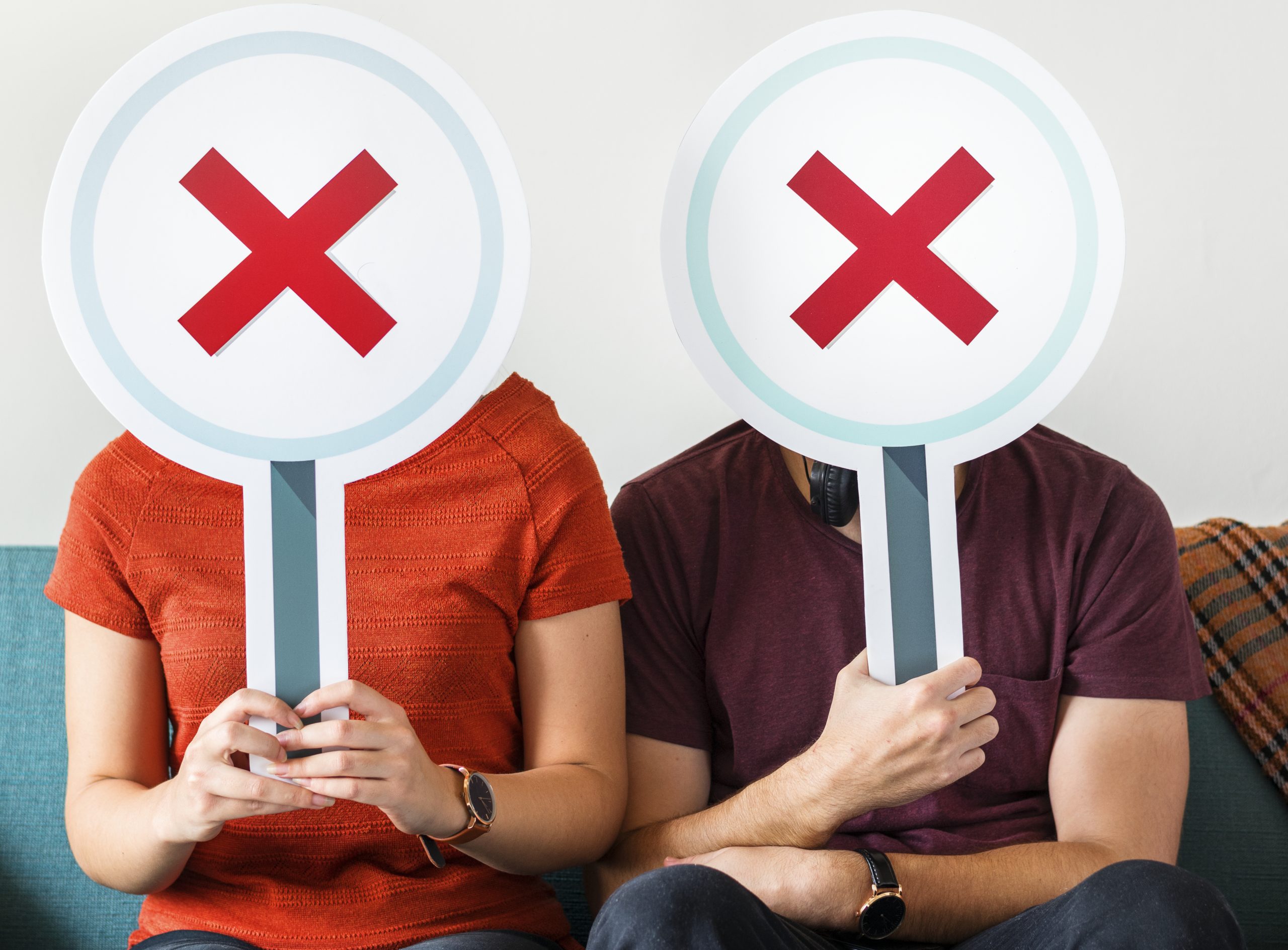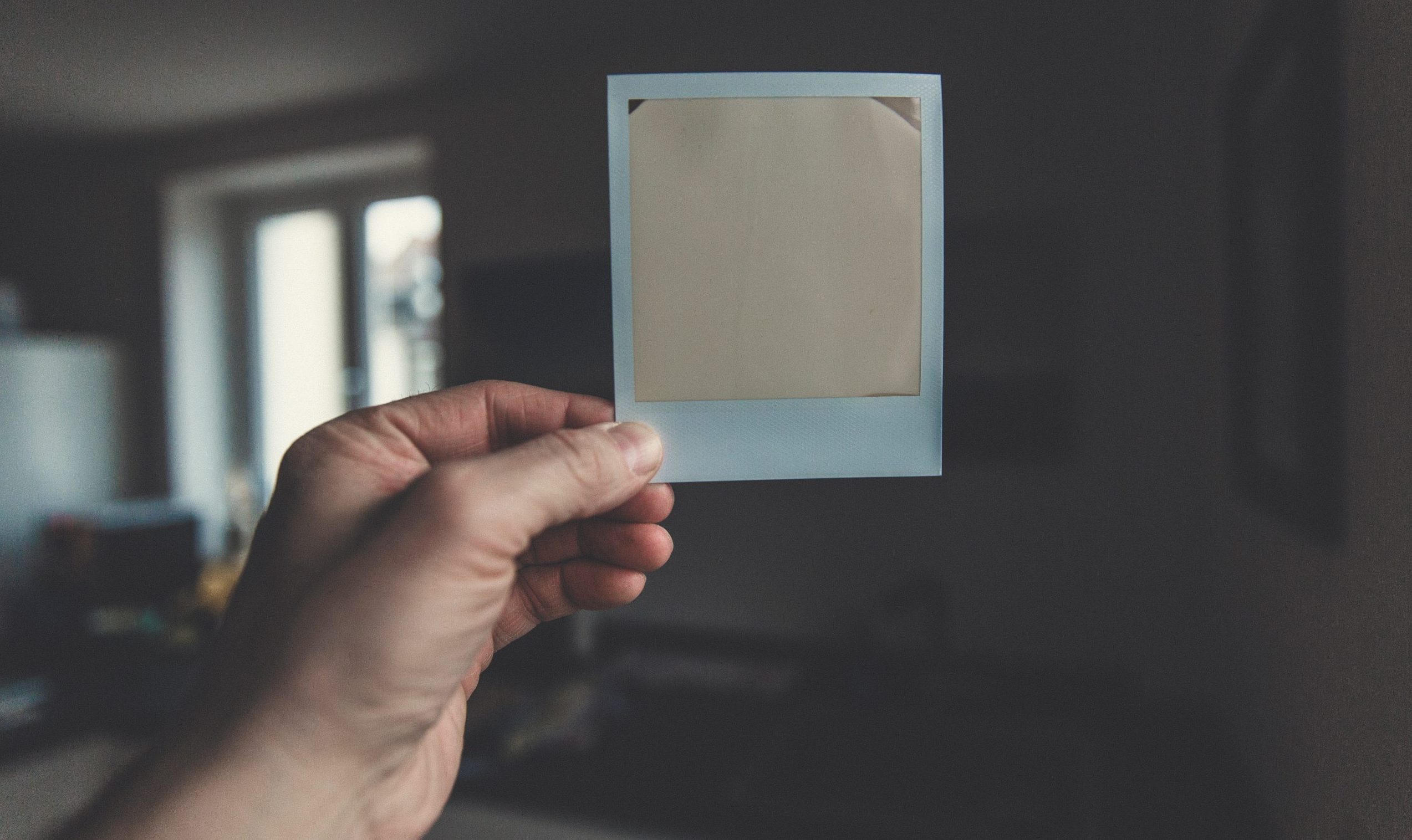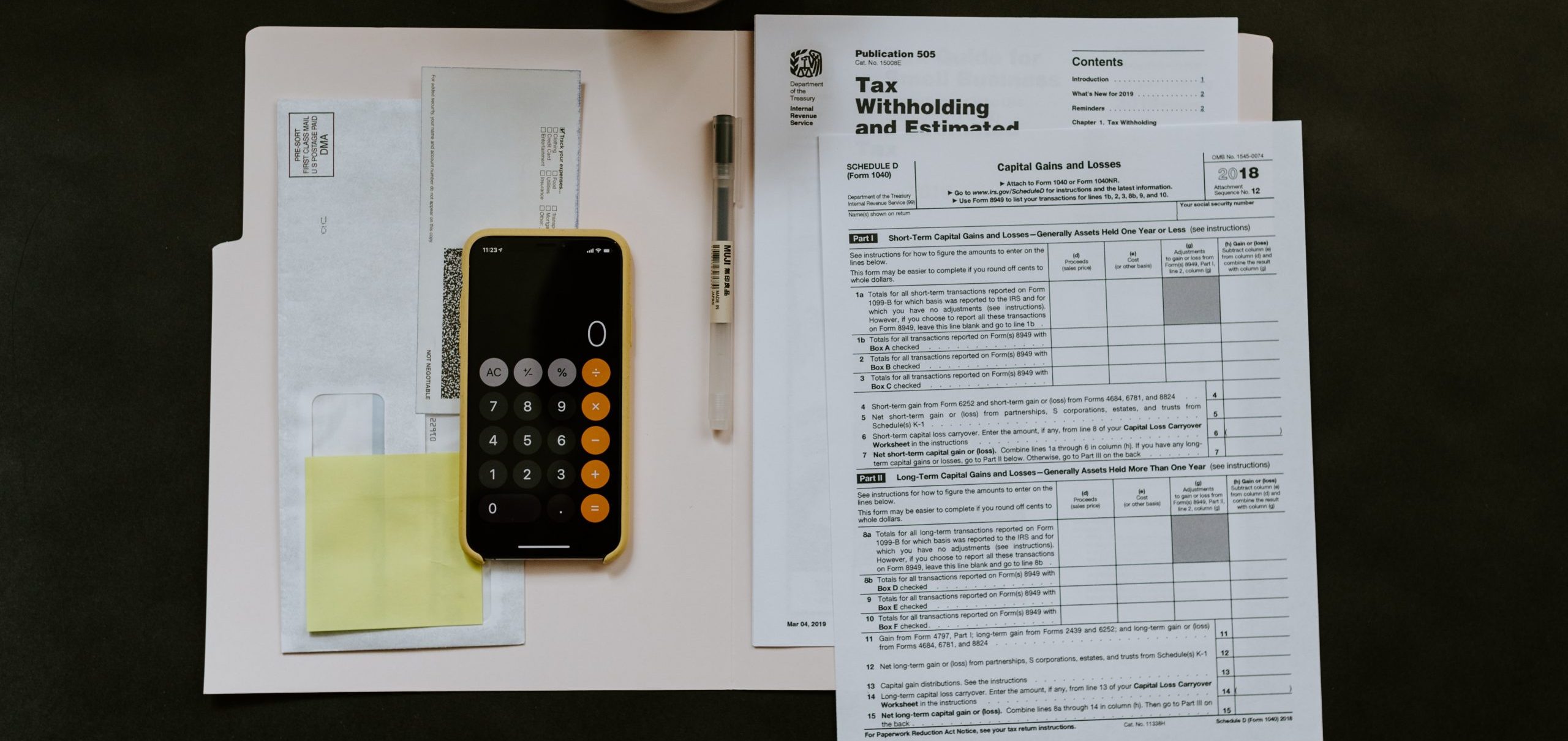Protect the rights to each individual’s image

1. What does the law say about the right to an individual’s image?
Human rights (human rights) are natural, inherent rights of each individual recognized and protected by national laws and international legal agreements. In which, the right to personal image is one of the most basic and important rights; Not only in terms of exclusivity, personal characteristics but also directly related to the prestige, honor and dignity of each person.
Personal image is a reflection of a person’s external appearance, recorded through projection – capture, transmission, storage… by means of optical and physical equipment and instruments. Along with the development of science – technology, engineering – fine arts, personal images are directly expressed through images, videos, drawings, graphics, statues …. and become a resource extremely valuable, can be exploited under many different angles and purposes. Therefore, the protection of moral rights to personal images is extremely important and necessary, requiring compliance with legal regulations, social ethics and the general development of human rights in Vietnam. as well as in the world.
The 2015 Civil Code, again, recognizes an individual’s right to his or her image: “The use of an individual’s image must be consented to by that person. The use of other people’s images for commercial purposes must pay remuneration to the person having the image, unless otherwise agreed by the parties.” Accordingly, all individuals, regardless of gender, age, or age. , ethnicity, social status… all have individual rights to their image and are equal before the law.
This is an advancement and expansion of the legal provisions relating to individual image rights compared to the 2005 Civil Code. Accordingly, the 2005 Civil Code notes: “The use of images photo of the individual must be consented to by that person; in case such person has died, has lost his/her civil act capacity or is under fifteen years old, his/her consent must be obtained from his/her father, mother, wife, husband, adult child or representative. Thus, the moral rights of each individual, in some cases may not be under their own decision, but are influenced and decided by others. Although consistent with the regulations, the view of guardians for people who have lost/restricted civil act capacity; minors have the right to represent and decide on basic issues, but this regulation inadvertently infringes on the human rights of each individual. Therefore, the provisions in the Civil Code of 2015 have overcome these shortcomings, recognized the individual right to image for all subjects, demonstrating progress in academic opinion as well as legal regulation. Therefore, even parents, brothers and sisters in the family are not allowed to arbitrarily use images of children, younger siblings, grandchildren… without consent; Agencies and organizations do not have the right to arbitrarily use images of individuals…
However, for images from public activities, activities on behalf of State agencies, the images of relevant individuals when used are not required to have the consent of the person who has the image or the person with the image. their legal representation: “The image is used for the national interest, the nation, the public interest; Images are used from public activities, including conferences, seminars, sports competitions, performing arts and other public activities, without prejudice to honor, dignity, or prestige. credit of the person with the image.” Because the images of each individual in these activities are both personal and community, the use of an individual’s image for the right purpose will bring good values. great for society, it should be recognized and allowed to be used, but must not affect or damage the name, dignity and reputation of the individual who has the image.
2. Sanctions for using other people’s personal photos against the law
In the present life, the internet and social networks are growing day by day, gradually becoming an indispensable part of the lives of most people, of all social classes. Besides the positive aspects, social networks and the internet also contain great dangers for users, especially in terms of personal information and personal images. Many individuals and organizations intentionally or unintentionally collect information and images of other organizations and individuals on the internet and then post them on social networks such as Facebook, Zalo, Instagram, Twitter, etc. misinformation, unverified and has left unpredictable consequences. To protect the legitimate rights and interests of individuals against the collection, processing and posting of photos, data and personal information without consent.
Decree No. 15/2020/ND-CP stipulating penalties for administrative violations in the fields of post, telecommunications, radio frequencies, information technology and electronic transactions (effective from April 15, 2020) stipulates: A fine ranging from VND 10,000,000 to VND 20,000,000 shall be imposed for one of the following acts:
– Collect, process and use information of other organizations and individuals without consent or for wrong purposes as prescribed by law;
– Provide, exchange, transmit or store, use digital information to threaten, harass, distort, slander, offend the reputation of the organization, honor, dignity and reputation of others ;
– Revealing information on the list of state secrets, private life, personal secrets, family secrets that are not serious enough to be prosecuted for criminal liability;
– Forging organizations and individuals and spreading fake information, untruthful information infringing upon the legitimate rights and interests of organizations and individuals;
…..
Posting or distributing images and information without the consent of the person with the image, the poster will be forced to remove, correct or restore the status quo. If the above acts cause damage to the lawful rights and interests of the person having the image, that person has the right to initiate a lawsuit to claim compensation in accordance with the law. In case of intentional violation, with sufficient grounds as prescribed, the violator may be examined for penal liability and must pay compensation as prescribed.
Therefore, the use of images and information of individuals and agencies and organizations must be extremely careful and must comply with the provisions of law. All acts of intentional violation, by any act or form, will be handled and subject to appropriate punishment for the act and the extent of the damage.
Above is Khoa Tin‘s advice on “Protecting each individual’s image rights”.
In case customers have unclear problems or need to discuss further, please call us immediately at 0983.533.005 for a free consultation.
Best regards./.
Latest news










